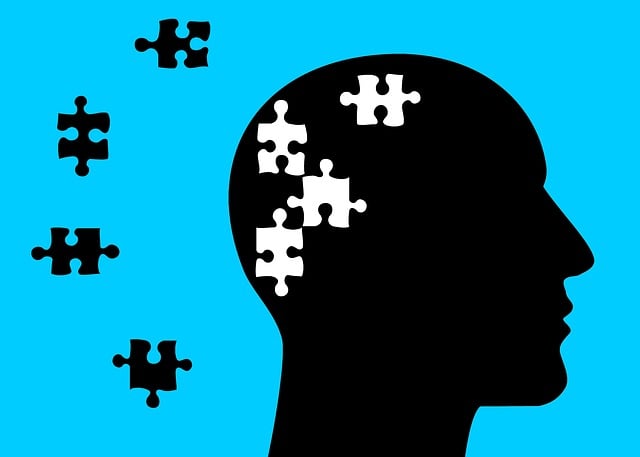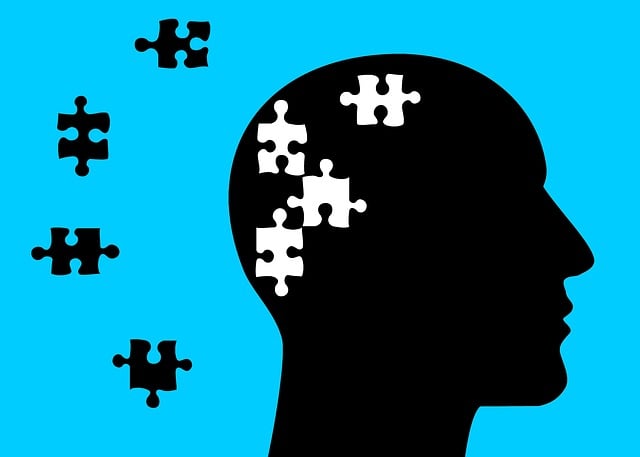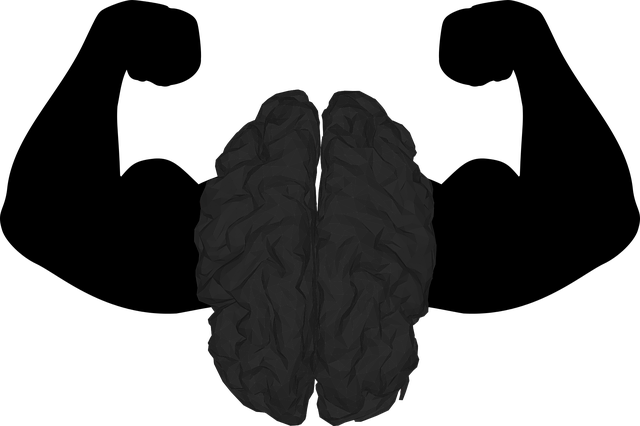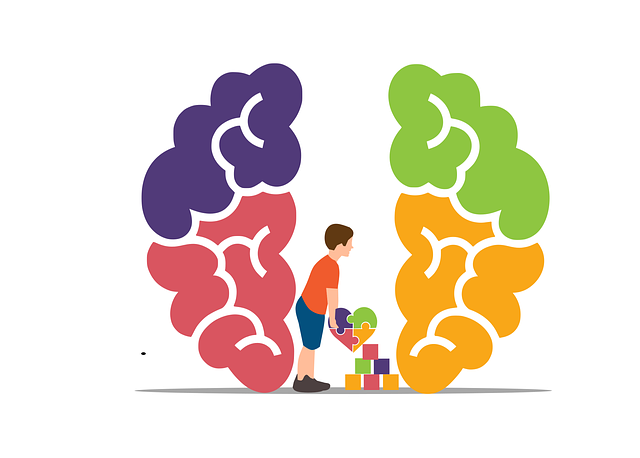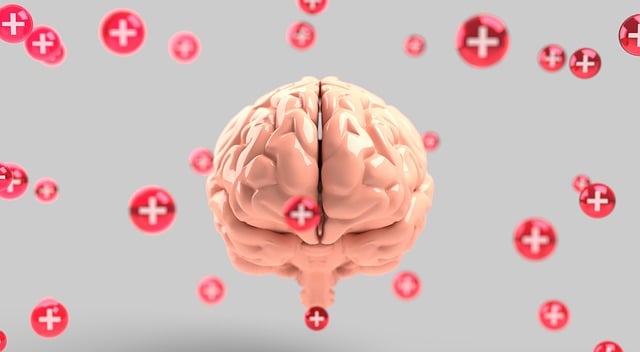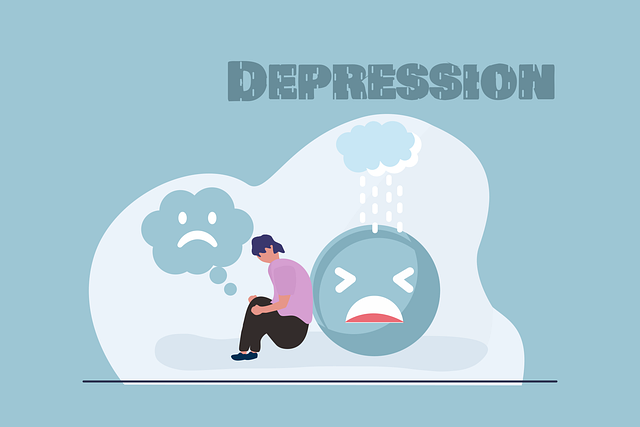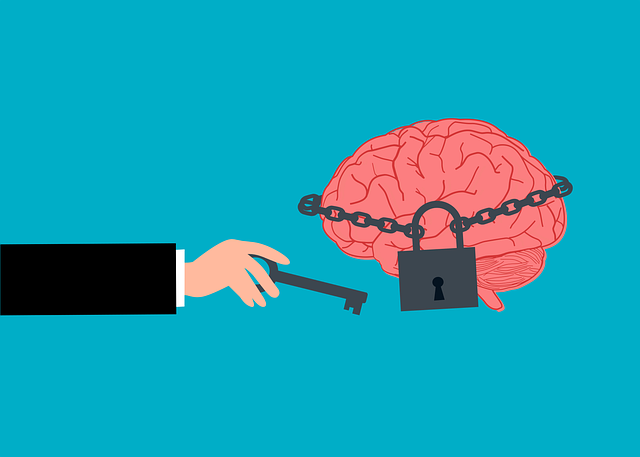Adults struggling with codependency can break free through targeted therapy for adults codependency. This journey involves exploring root causes, improving self-esteem, and cultivating emotional intelligence. Techniques like cognitive behavioral therapy (CBT), mental wellness coaching, and boundary setting enhance coping skills and foster independence. Self-care strategies, including exercise, mindfulness, and healthy eating, alongside social skills training, empower individuals to navigate relationships healthily and achieve improved mental well-being. Public awareness and accessible therapy options encourage recognition of codependency signs, enabling adults to embrace a fulfilling life centered on their emotional wellness.
Codependency, often overlooked, is a common struggle for adults, characterized by an excessive emotional reliance on others. This can significantly impact relationships and personal growth, hindering individuals from achieving emotional independence. In this article, we explore effective coping skills development through understanding codependency, its effects, and therapeutic approaches aimed at breaking free from these behaviors. We delve into building healthy boundaries as a pivotal skill and effective self-care strategies for enhanced emotional wellbeing. Discover how therapy for adults with codependency can foster personal growth and strengthen relationships.
- Understanding Codependency: A Common Struggle for Adults
- The Impact on Relationships and Personal Growth
- Therapeutic Approaches to Break Free from Codependent Behaviors
- Building Healthy Boundaries: A Key Coping Skill
- Self-Care Strategies for Emotional Wellbeing and Independence
Understanding Codependency: A Common Struggle for Adults

Codependency is a complex emotional state where an individual becomes overly reliant on another person for validation and self-worth. This often develops from early life experiences, such as unhealthy relationships with caregivers, leading to difficulties in forming boundaries and prioritizing one’s own needs. Many adults struggle with codependency without even realizing it, which can manifest as constantly seeking approval, difficulty making decisions independently, or a fear of being alone.
Therapy for adults dealing with codependency often involves exploring these root causes and developing strategies for fostering self-esteem improvement and emotional intelligence. Public awareness campaigns development has helped shed light on this issue, encouraging individuals to recognize the signs and seek support. Through therapy, adults can learn to set healthy boundaries, assert their needs, and develop a stronger sense of self, thereby breaking free from the cycle of codependency.
The Impact on Relationships and Personal Growth

Developing coping skills can profoundly impact personal relationships and foster significant growth. Therapy for adults dealing with codependency often focuses on building self-awareness and empathy, crucial elements in navigating connections with others. By mastering compassion cultivation practices, individuals learn to respond rather than react to interpersonal challenges, enhancing their ability to connect authentically. This transformation can lead to healthier, more balanced relationships built on mutual respect and understanding.
As mental wellness becomes increasingly recognized in public awareness campaigns development, coping skill acquisition plays a pivotal role. These skills enable people to manage stress, regulate emotions, and communicate effectively. Such personal growth not only benefits individual well-being but also positively influences their interactions with family, friends, and colleagues, creating a ripple effect of improved relationships and a stronger support network.
Therapeutic Approaches to Break Free from Codependent Behaviors

Breaking free from codependent behaviors is a transformative journey that many adults embark on to enhance their mental wellness. Therapeutic approaches play a pivotal role in this process, offering powerful tools to build healthy boundaries and foster self-reliance. One effective method is cognitive behavioral therapy (CBT), which helps individuals identify and challenge distorted thinking patterns contributing to codependency. By restructuring these thoughts, individuals can develop a more realistic perspective of themselves and their relationships, fostering independence and self-sufficiency.
Additionally, mental wellness coaching programs provide structured guidance for adults seeking to overcome codependency. These programs often incorporate journaling exercises to promote introspection and self-awareness, enabling participants to track progress and gain clarity. Self-esteem improvement is a key focus, as elevated self-worth empowers individuals to make healthier choices and assert their needs. The combination of therapy and coaching allows for personalized development, empowering adults to break free from codependent behaviors and embrace a fulfilling life centered around their mental wellness.
Building Healthy Boundaries: A Key Coping Skill

Healthy boundaries are an essential component of coping skills development, particularly for individuals who have experienced codependency or struggled with mental health issues like anxiety. In therapy for adults, learning to set and maintain personal boundaries is a cornerstone of building resilience. This involves recognizing one’s needs and limits and communicating them effectively to others. By establishing healthy boundaries, individuals can protect their emotional well-being, foster meaningful relationships, and reduce the risk of becoming overwhelmed or taken advantage of.
In the context of mental health education programs design, teaching boundary setting skills empowers people to navigate interpersonal interactions with confidence and self-care. This is especially beneficial for those seeking anxiety relief, as it helps them manage stressful situations and prevent the onset of panic attacks or other anxiety symptoms triggered by overwhelming commitments or unhealthy relationships. Ultimately, developing healthy boundaries contributes to a sense of control, fosters personal growth, and supports overall mental health.
Self-Care Strategies for Emotional Wellbeing and Independence

In developing coping skills for emotional wellbeing and independence, self-care strategies are paramount. For adults grappling with codependency, practicing self-care isn’t just a luxury—it’s a vital tool in therapy. Incorporating activities that nurture physical and mental health can help break unhealthy patterns and foster emotional resilience. This might include regular exercise, mindfulness practices like meditation or yoga, and maintaining a balanced diet. Additionally, setting firm boundaries and prioritizing personal time are crucial aspects of self-care that promote emotional independence.
Emotional intelligence plays a significant role in these efforts, enabling individuals to recognize and manage their emotions effectively. Social skills training can also be beneficial, helping to build healthy relationships that support rather than drain emotional resources. Moreover, preventing burnout is an essential part of this process, as it involves learning to recognize signs of mental fatigue and taking proactive steps to avoid overwhelm. Together, these strategies empower individuals to navigate life’s challenges with greater ease and independence.
Codependency can significantly hinder personal growth and relationships, but with the right therapeutic approaches and coping skills development, adults can break free from these behaviors. Understanding codependency’s impact and adopting healthy boundaries are crucial steps towards emotional independence. By integrating self-care strategies into daily life, individuals can enhance their overall wellbeing. If you’re struggling with codependency, consider seeking therapy for adults to develop effective coping mechanisms and reclaim your life.

